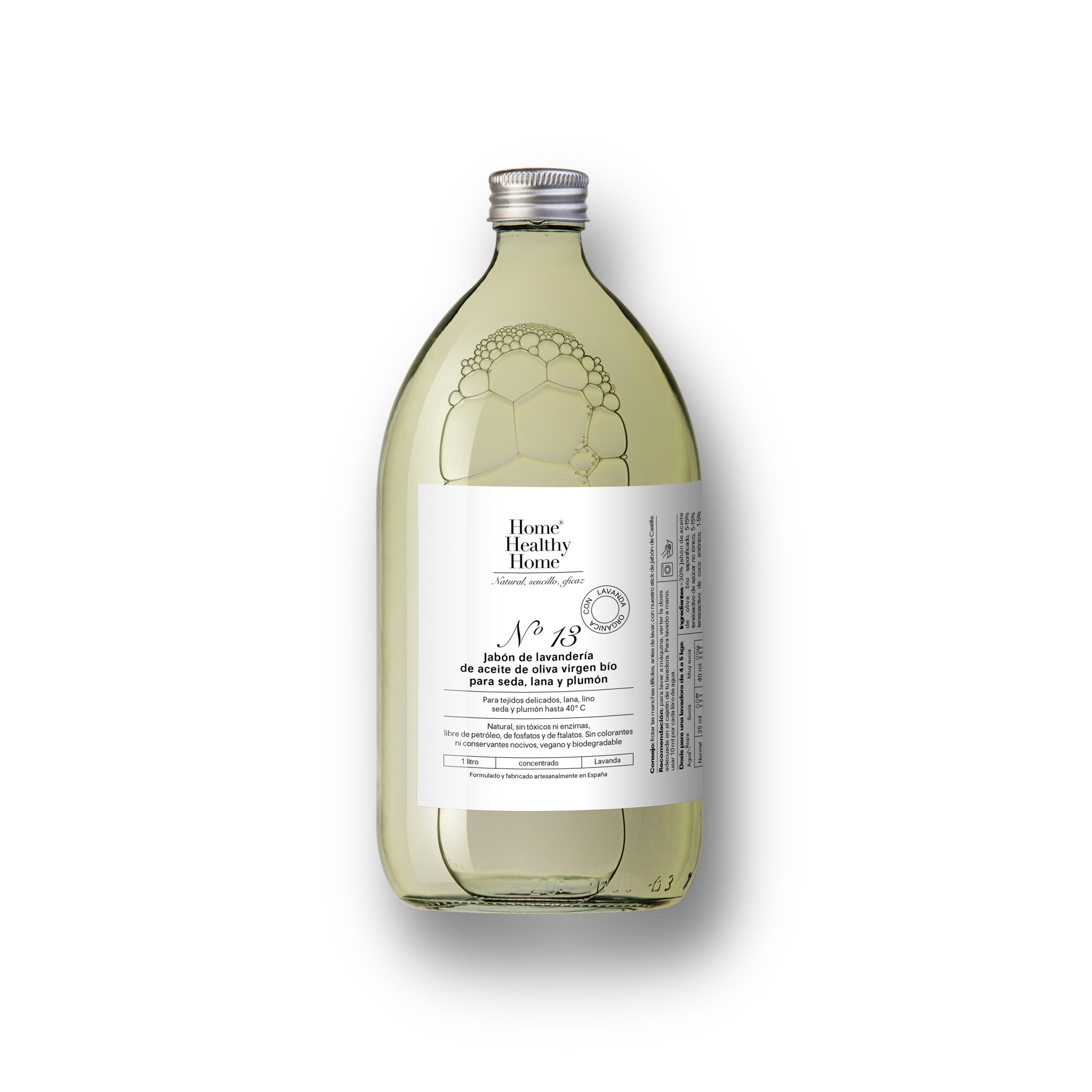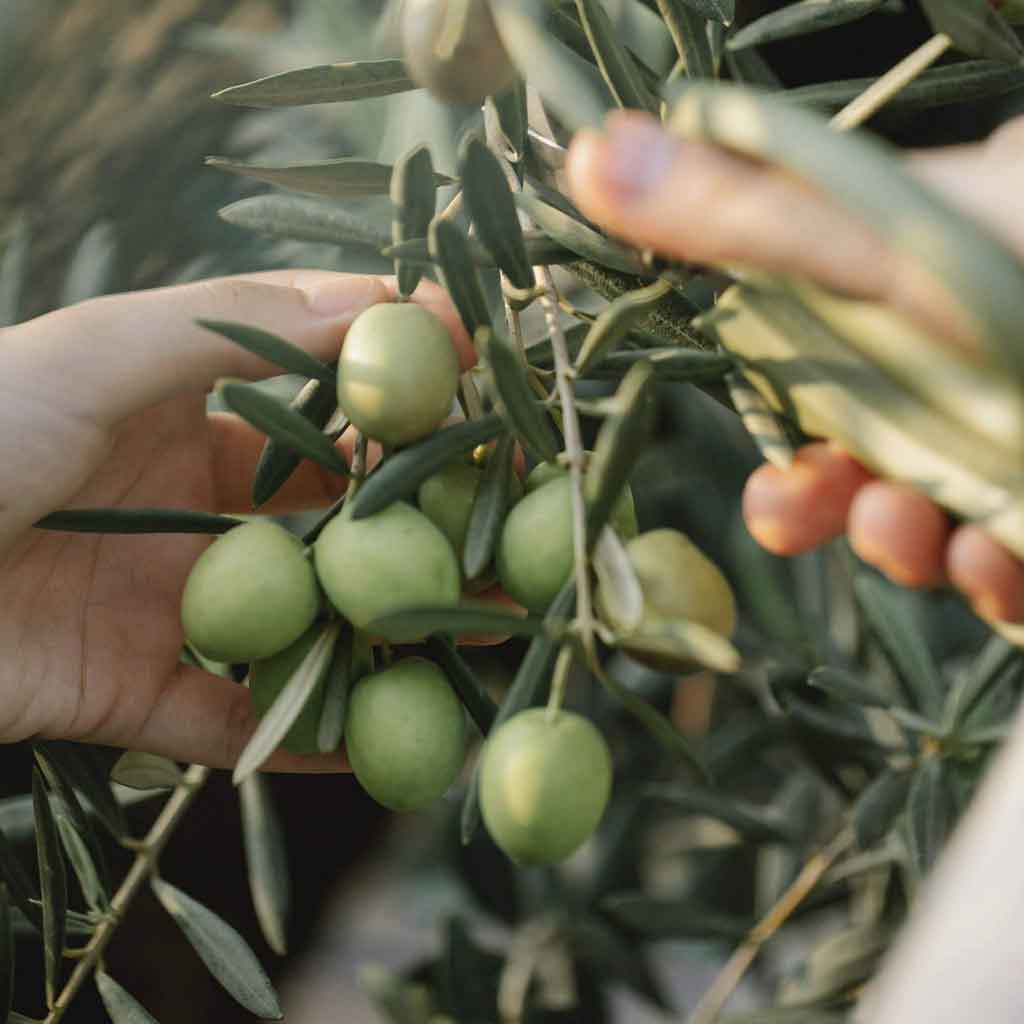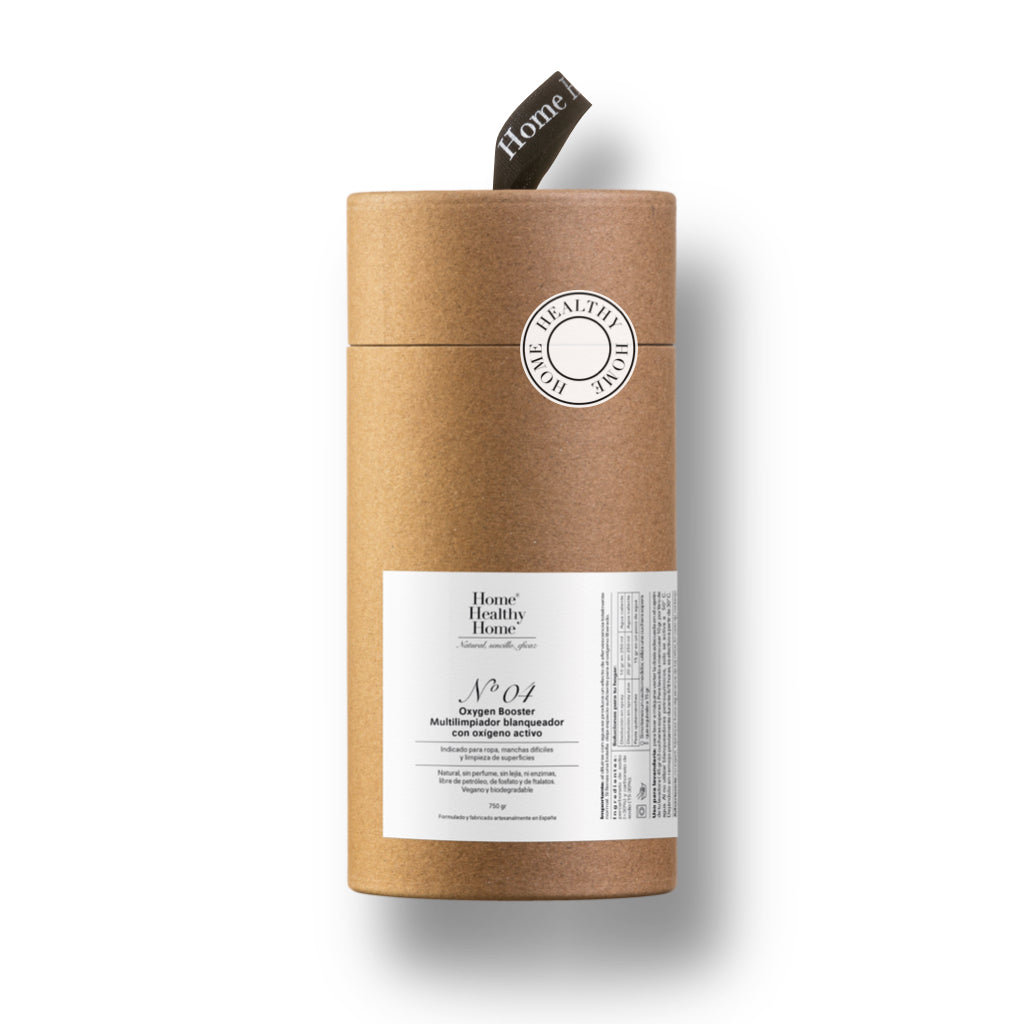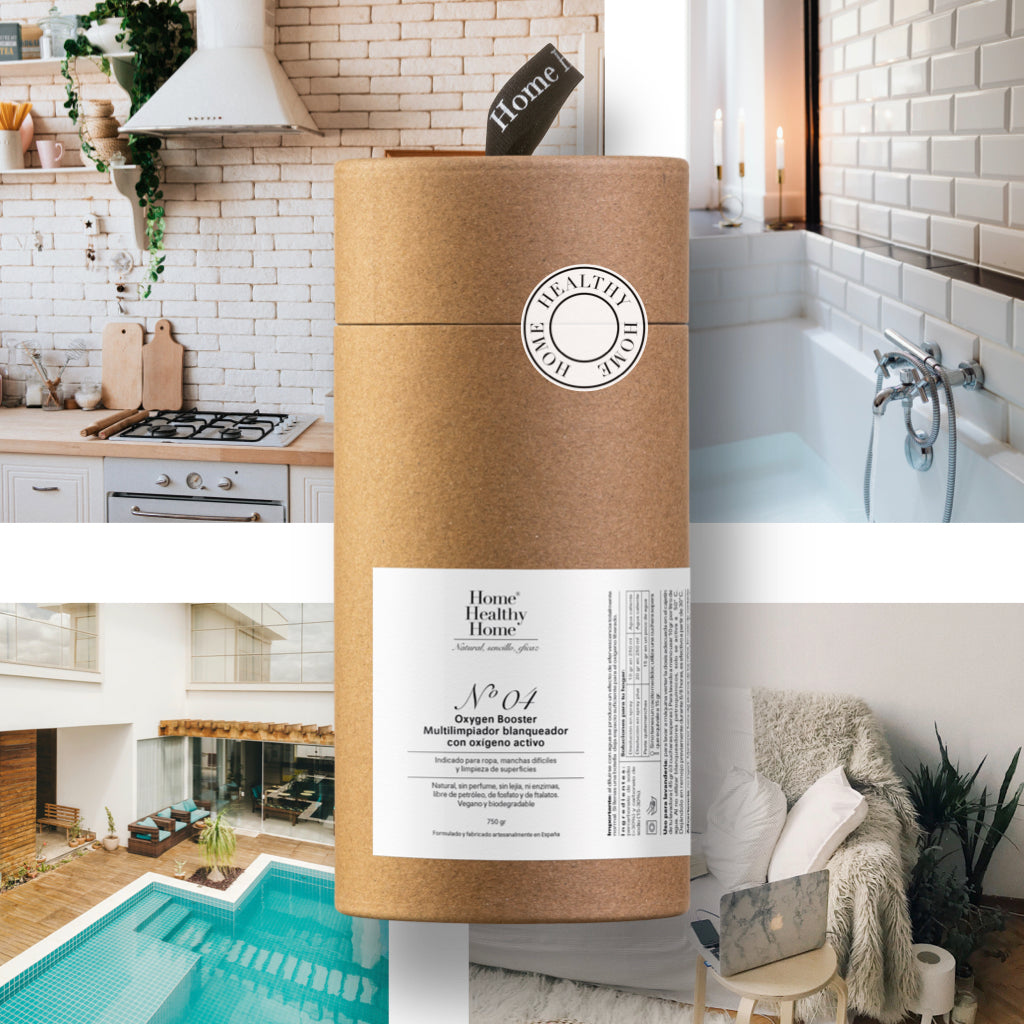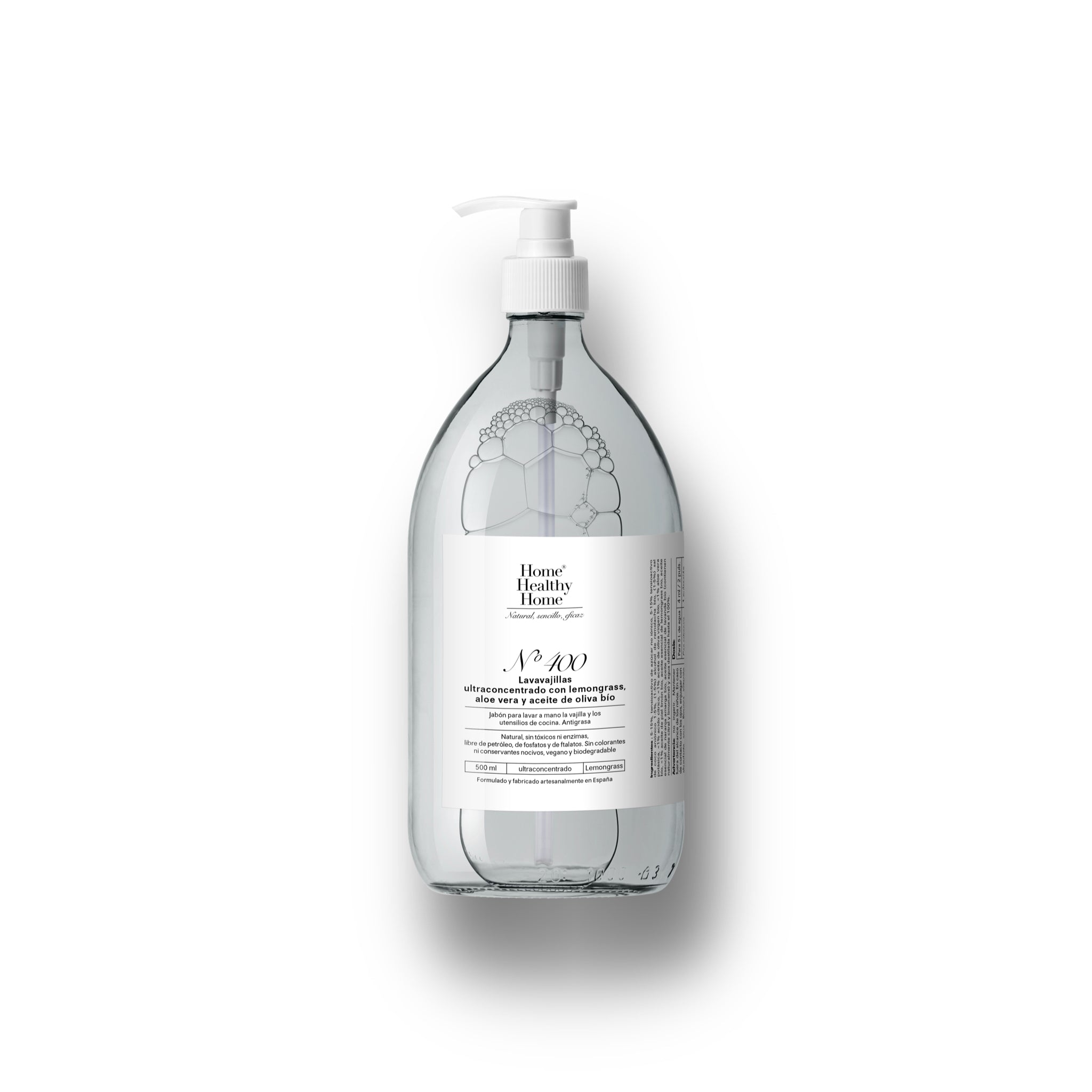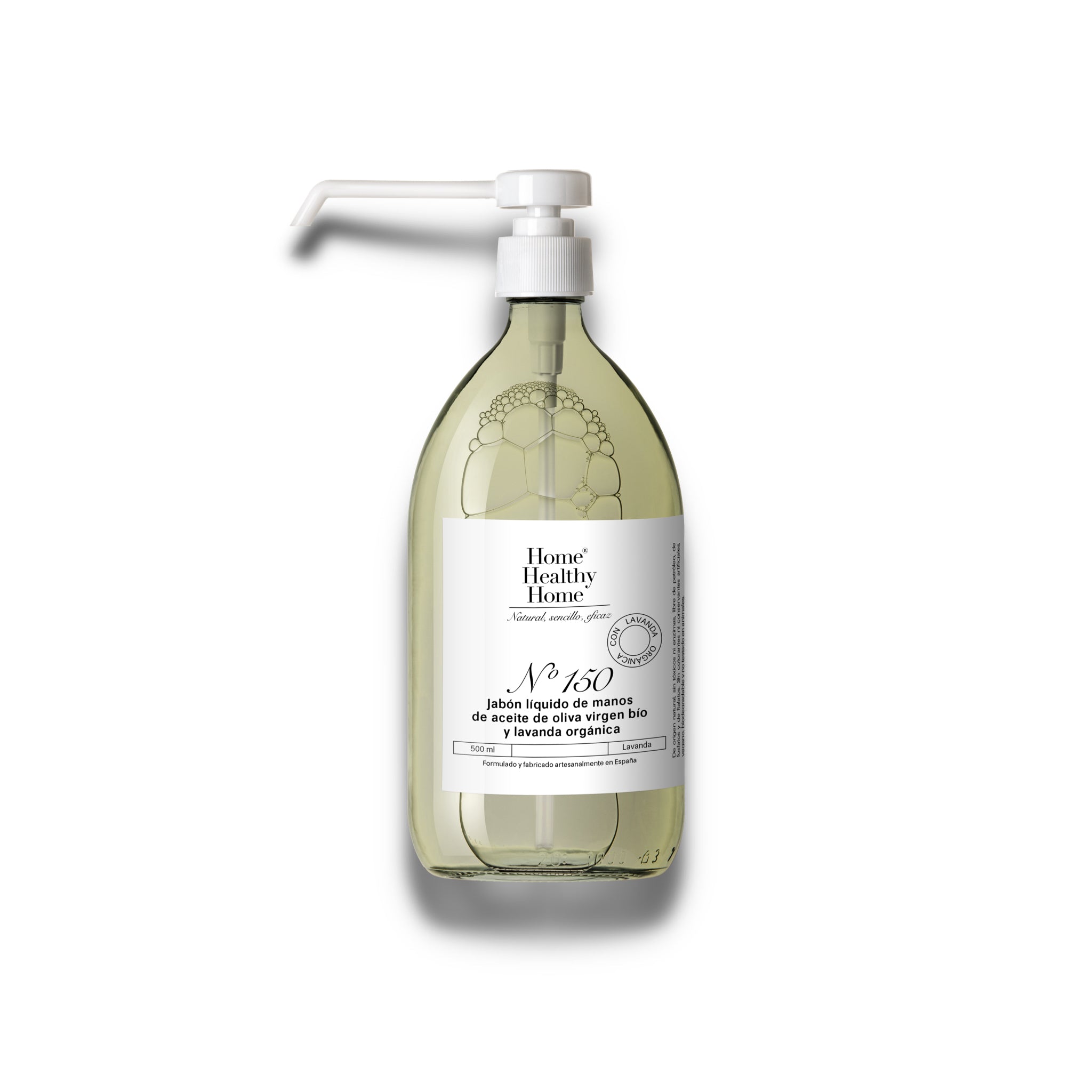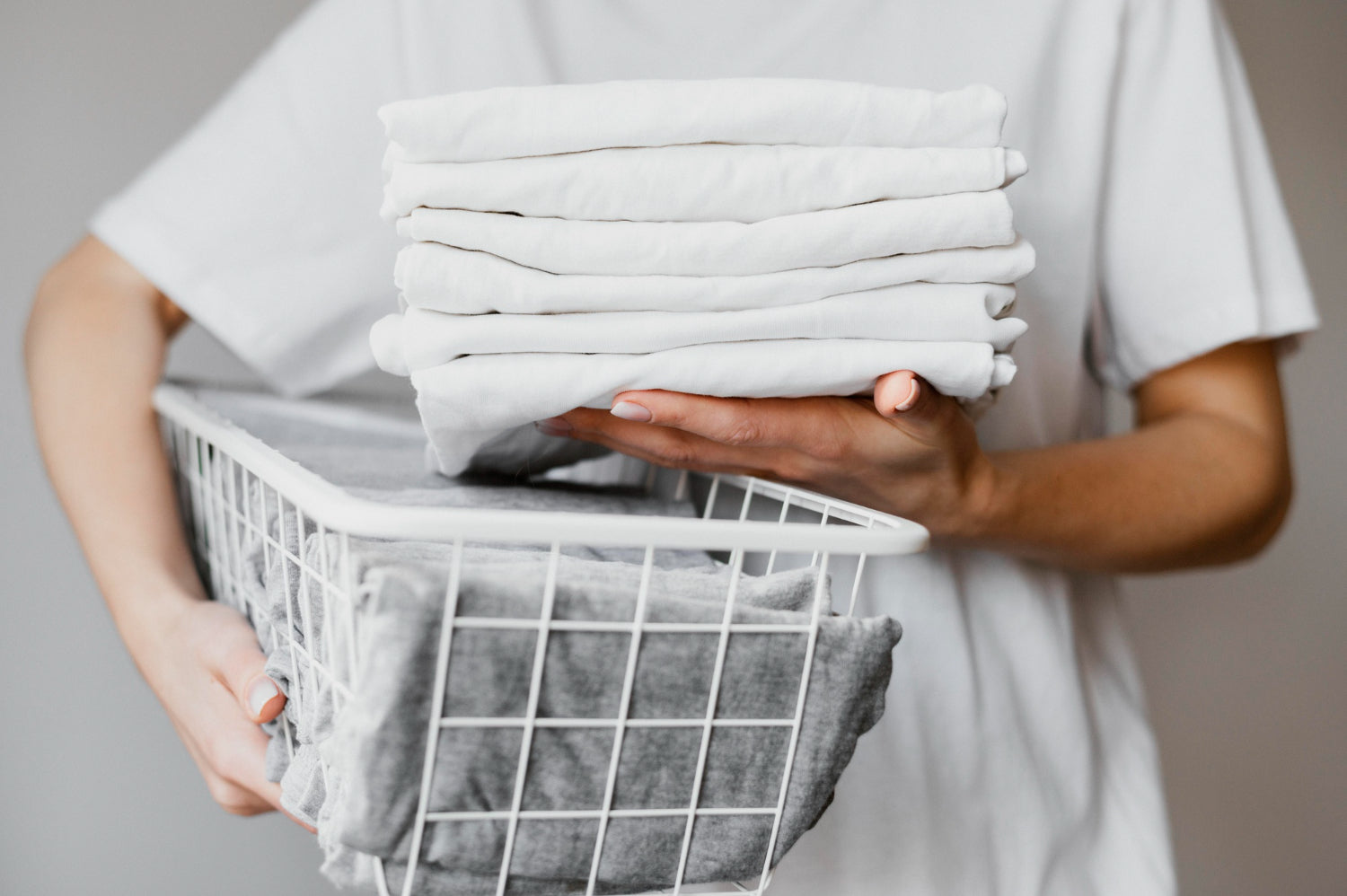Organic cotton is becoming increasingly important in the world of fashion and textiles. This is due to the fact that, for several years now, we have been raising awareness about the pollution generated by the textile sector and the deplorable working conditions in certain countries.
That is why we want you to find in this article the reasons to choose organic cotton instead of classic cotton, and discover with us the different advantages of eco-responsible cotton.
Where is cotton grown?
Cotton is a vegetable fibre obtained from the seeds of the cotton plant. Among natural fibre fabrics, cotton is the most widely produced in the world, mainly in China and India. In Europe, there are some independent producers who are trying to revive cotton production, but the initiative is still in its initial stages.
There are also two types of cotton cultivation: "conventional" cotton and organic cotton. Each of them has different ecological impacts.
Advantages of cotton
Soft, natural and breathable. It is also hypoallergenic and does not irritate sensitive skin. The fibers are tightly spun into a skin-friendly yarn that does not generate static electricity. This is why clothing items such as T-shirts and underwear are generally made from cotton. Cotton is breathable and absorbs moisture and heat very well from the skin, keeping it cool and comfortable in hot weather.
Sturdy, economical and versatile: cotton is a strong, durable and abrasion-resistant fiber. Cotton garments are machine washable and withstand repeated washings in hot water. Cotton fibers are easily dyed, resulting in very durable yarns.
colorful. Cotton is inexpensive and extremely versatile. That's why it's used in a wide variety of common fabrics, such as bath towels, calico, chino, corduroy, and jeans, among others. Therefore, you can buy inexpensive cotton clothing in many different textures and styles, for all seasons and all occasions.
Why is cotton a problem for the environment?
The cotton plant is a fragile plant. The intensive use of pesticides, fertilizers and insecticides is recurrent in conventional agriculture: these chemicals impoverish the soil and disrupt biodiversity. According to the WHO, cotton cultivation represents 3% of the total area cultivated by humans, but consumes 25% of the fertilizers used in the world. Irrigation of cotton plants is also problematic, since it requires
Between 8,000 and 11,000 litres of water are needed to produce one kilo of cotton – an excessive consumption of water for the planet.
In addition, to make them more elastic, cotton fibres are subjected to various treatments and dyed with substances that are also toxic to the skin and lungs. Heavy metals, chlorine, or phthalates are harmful to the workers who handle the cotton, but also to consumers who wear these garments in direct contact with their skin. Intensive production pollutes soil and rivers a lot, and is very toxic for workers: it is estimated that around 20,000 people die each year from cotton farming.
For all these reasons, we can now say that traditional cotton farming is an environmental disaster, but also a human disaster.
Why choose organic cotton?
In order to address the problems generated by conventional cotton production, the organic or bio cotton market has been developing in recent years.
Organic cotton cultivation is not only more environmentally friendly, but also more ethical. It requires half the water and, more importantly, only natural fertilisers or natural compost are authorised for its cultivation. It therefore does not pollute the environment, does not deplete the soil and is more respectful of the health of workers. In addition, organic cotton cultivation is often associated with fairer trade compared to the conventional cotton industry.
Unfortunately, only a small fraction of the world's cotton production is certified organic. In fact, a recent report indicates that organic cotton accounts for 2 million tons sold per year, compared to more than 17 billion tons of conventional cotton. It is therefore clear that although organic cotton is beginning to gain ground, it still has a long way to go to catch up.

How to recognize organic cotton?
The current problem we face is that there is no real organic certification for cotton. It is true that we sometimes see labels with the “organic cotton” stamp printed on them, and that they are used by various fashion brands to certify the use of organic cotton. However, some research reveals that, on a T-shirt with this type of logo, we can find Uzbek cotton, harvested in unethical conditions,
and in particular by children.
However, there are some seals that we can trust:
The GOTS label for Global Organic Textile Standard is the reference in terms of organic cotton. It can be identified by its green logo. It is the most comprehensive certification , in the sense that it guarantees responsibility from both an ecological and social point of view. And this, throughout the textile production chain. Indeed, to claim this independent certification label, one must be able to meet strict standards at all levels of the cotton sourcing process.
GOTS guarantees you, among other things:
- A minimum of 70% of fibres from organic farming;
- The absence of toxic chemicals generally used in textile processing;
- Reducing water consumption in the manufacturing process;
- And respect for the social criteria established by the fundamental conventions of the ILO (International Labour Organization).
So, cotton or organic cotton? We think the choice is clear…
In addition, clothing made from organic cotton is not only more environmentally friendly, but also more durable. Indeed, as it has not been subjected to the various traditionally added treatments, organic cotton fibres are particularly resistant and allow the manufacture of durable and robust garments.
Where to buy organic cotton clothing?
The fashion industry emits 1.2 billion tons of greenhouse gases a year. It has a bigger impact than international flights and maritime traffic combined. Therefore, dressing more responsibly is already a necessity.
Faced with the abuses of fast fashion, many brands are opting for a more responsible fashion, both socially and with respect to the environment and health. They offer clothing designed from organic cotton, linen, hemp or lyocell, among others. More ecological materials than those offered in most stores, such as conventional cotton,
nylon or polyester.
Fortunately, every day there are more and more Spanish brands that are committed to an eco-responsible approach. Among them we would like to highlight some that have caught our attention:
- Verdonce Home Mónica and Oliver design and manufacture a collection of "Home Basics for a Sustainable and Natural Life" in Madrid. Thanks to their bags for storing food or buying in bulk, handbags, makeup remover pads, scouring pads, bath mitts, etc... you will turn your entire house into a more sustainable home.
- Xiro Atlantic Denim , Made In Galicia , uses sustainable fabrics , such as organic cotton, which contains the GOTS certificate.
- Ecoalf , a Spanish brand that creates its garments with recycled materials.
- L'Envers , wool, linen, organic cotton, offers us sustainable garments handcrafted in Madrid. They also offer you the possibility of designing your own custom model.
- Velvet BCN , a sustainable fashion store, ecological and fair trade products. With the motto “You take care of the planet, you take care of yourself”, they guarantee that their garments have been manufactured in decent working conditions and respecting the environment.
- Minimalism Brand makes basic garments such as t-shirts, underwear, socks, swimsuits... sustainable with organic fabrics. They ensure transparency throughout the manufacturing process of their garments and highlight the positive environmental and social impact of their action.
However, from Home Healthy Home we invite you to consult the list of brands associated with the Sustainable Fashion Association of Spain (Amse) , whose commitment to sustainability is guaranteed.
Turning to these brands means deciding to buy less and better. We can also opt for second-hand clothes, which are less expensive. Although the question should always prevail: “Do I really need this new garment?”
What about recycled cotton?
Recycled cotton has an even smaller ecological footprint because it gives a second life to garments without producing any new materials, thereby saving resources.
To make a garment from recycled fibre, the fabric is recovered and ground up into a fibre. The fibres are then twisted into a yarn. Finally, the manufacturing process continues just as for traditional yarn.



